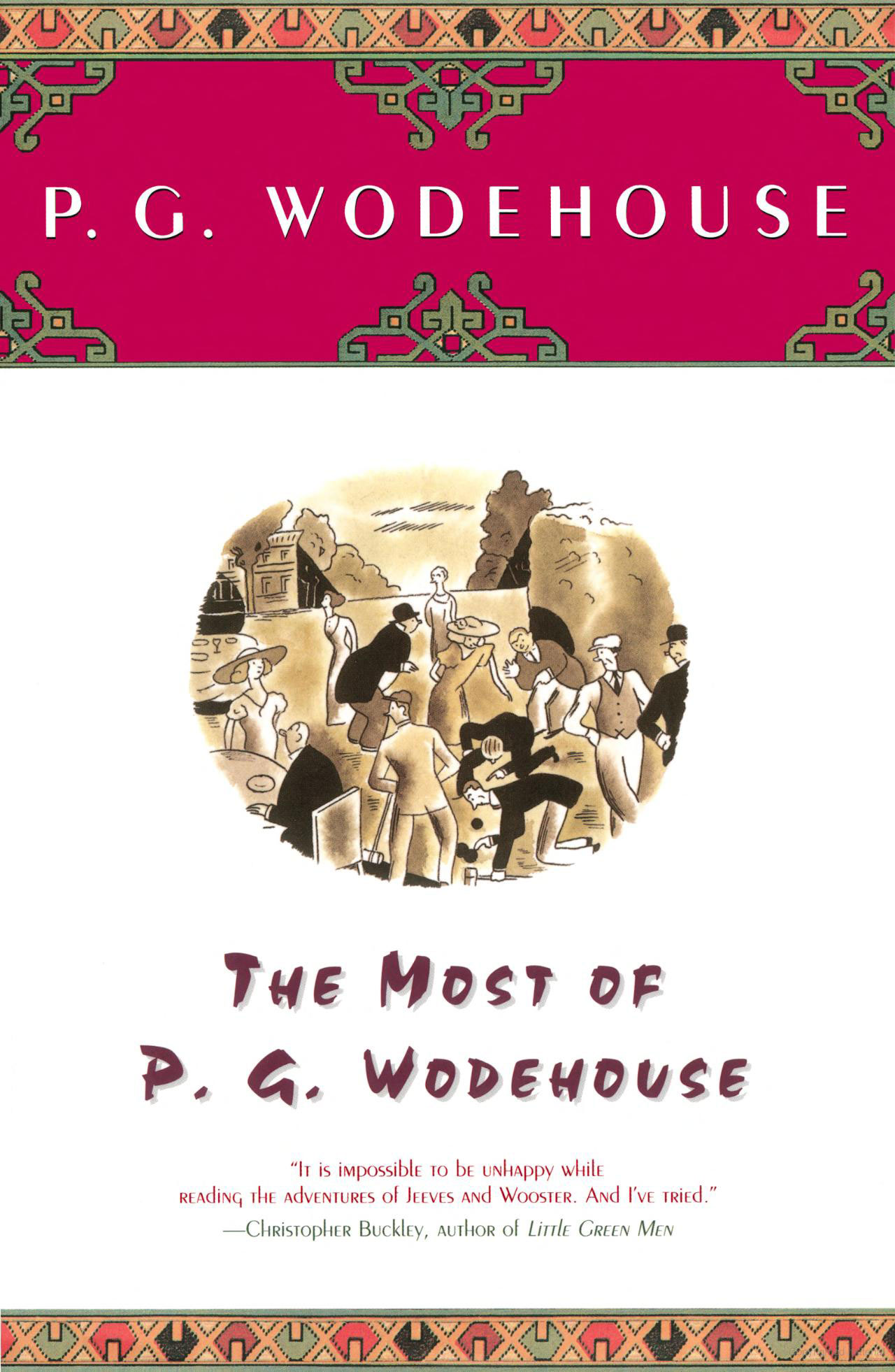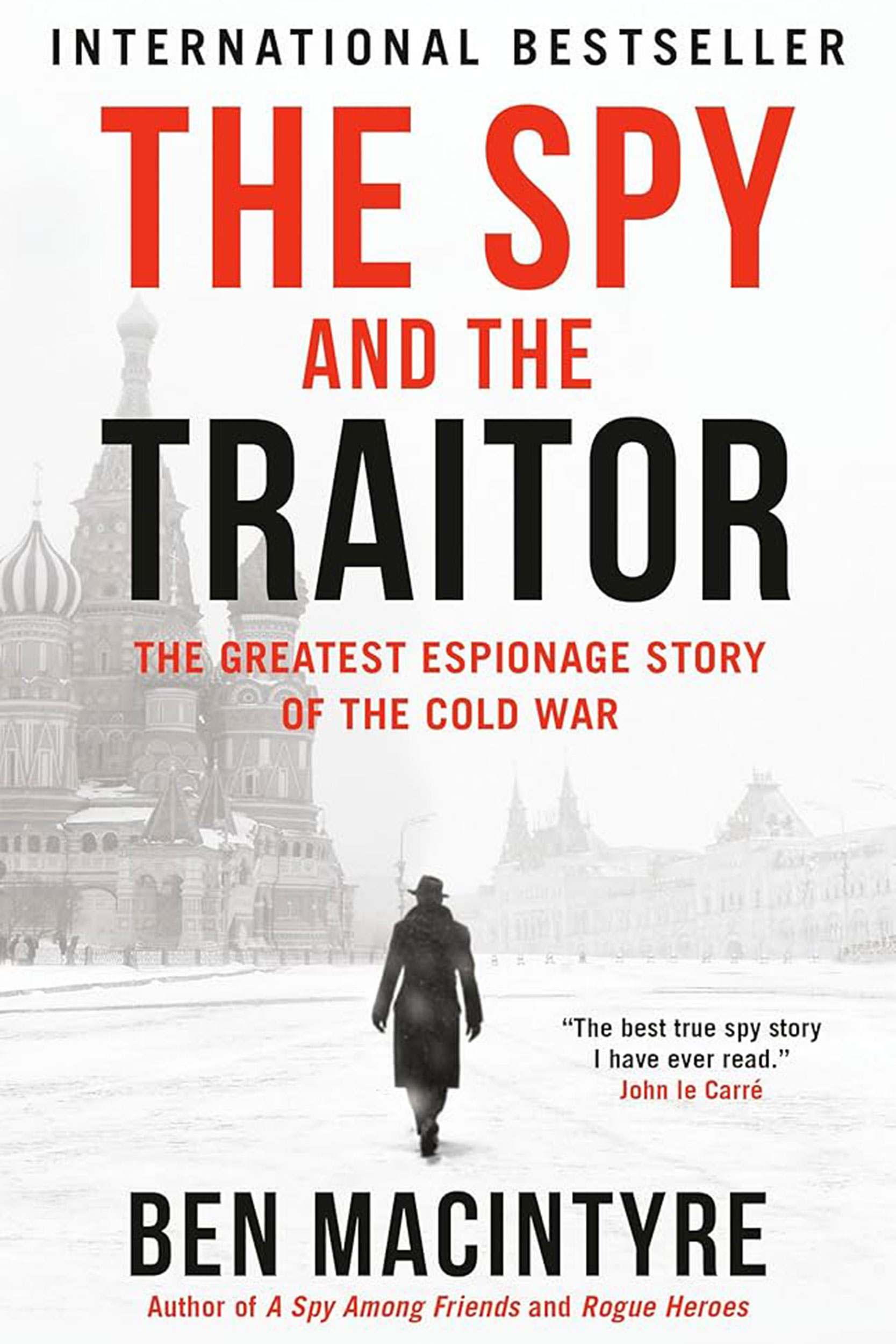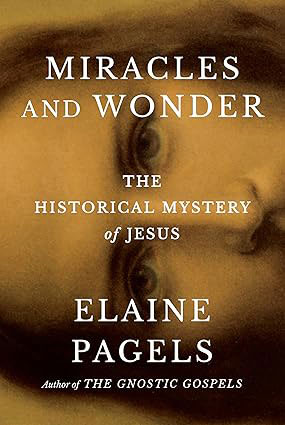
Recommended by Trisha Pasricha, gastroenterologist and instructor of medicine at Harvard Medical School; author of the upcoming “You’ve Been Pooping All Wrong.”
Sir Pelham Grenville Wodehouse’s name alone (it was P.G. to his public) is a password a secret club of other fans — if you know, you know. And once you know, you want to make sure everyone else knows too. Wodehouse is renowned for his mastery of language and the tangled, often ludicrous, misadventures of the pre-World War II English upper class. When I first read “Uncle Fred Flits By,” I realized I had stumbled upon something special, an idyllic world so masterfully constructed that the ingenuity of the language felt almost coincidental — too brilliant, comical, and subtle all at once to be intentional. Until it occurred sentence, after sentence, after sentence.
Other writers, Oscar Wilde or Saki, come close to his wit and style, but Wodehouse’s uniquely boundless optimism is unmatched. He writes a perfect beach read — a book to take with you to a sunny shore when you want to laugh out loud often and forget your own irksome world for a few sweet hours. “Uncle Fred Flits By” is the perfect gateway to Wodehouse’s oeuvre. As in many of his stories, the stakes driving the plot are laughably low, and yet so endearing that you become instantly committed to seeing the protagonist through — in this case, joining an eccentric uncle in a romp through London under increasingly absurd aliases, including, but not limited to, a specialist in clipping parrot nails.
Fun fact: When I was an undergraduate, I won second place in the Harvard Undergraduate Book Collection Prize, writing about my search for my grandfather’s collection of Wodehouse novels — and the family history they carried. Pieces from my collection alongside my grandfather’s photo were displayed in Lamont Library during my freshman year.





